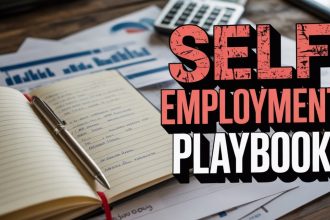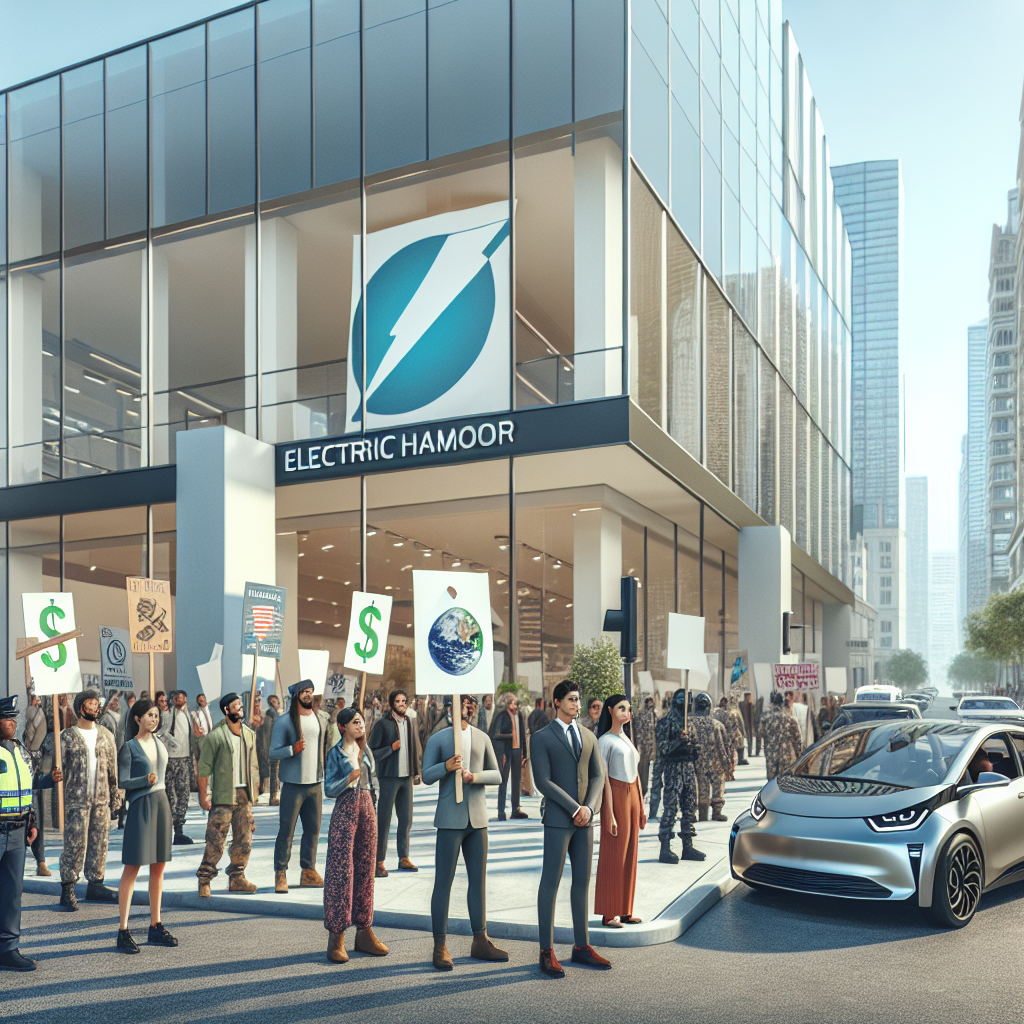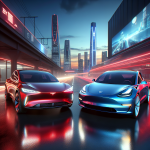Tesla Boycott 2024: Protesters Target Elon Musk’s Brand
Summary
The winds are shifting for Tesla in 2024 as a growing wave of activists, consumers, and critics are uniting in a boycott against the electric vehicle (EV) giant. The movement, ignited by dissatisfaction with Tesla’s CEO Elon Musk and concerns around the company’s ethics, reflects deeper questions about corporate responsibility in an increasingly environmentally-conscious and politically active consumer base.
Protesters are rallying against what they see as both social and ethical missteps by Tesla. At the heart of the unrest is Elon Musk, whose controversial statements and political positions have polarized the public. Demonstrators argue that his behavior does not align with progressive ideals traditionally associated with the clean energy movement that Tesla helped pioneer.
While Tesla remains a symbol of innovation in sustainable transport, criticisms are mounting about workplace culture, labor practices, and perceived hypocrisy between the company’s mission and the persona of its leader. Activist groups and former Tesla supporters are leading public demonstrations across major cities, urging consumers to think twice before purchasing a Tesla vehicle.
Social media has become a battleground for these debates, with hashtags like #BoycottTesla2024 gaining traction. Meanwhile, competitors in the EV space are observing the unrest closely as it opens market opportunities and shifts consumer sentiment. Despite Tesla’s technological edge, this growing backlash could influence not only brand loyalty but also the long-term trajectory of the EV industry as values-driven purchasing becomes the norm.
Analysis
The Tesla boycott of 2024 illuminates a sensitive intersection between technology innovation and public perception. Elon Musk’s role as a polarizing figure has always been a double-edged sword—while admired for revolutionizing the EV industry, his controversial social and political commentary now risks alienating Tesla’s core base of eco-conscious and socially aware consumers.
“Consumers want to support companies that reflect their values. When a company’s leadership appears out of step with those values, backlash is inevitable.”
Dr. Maria Thompson, Professor of Business Ethics, Stanford
Industry experts note several key factors fueling this protest wave:
- Leadership Style: Elon Musk’s unfiltered online presence and political affiliations have sparked concern among advocates who had once celebrated his work as visionary.
- Labor and Ethics Concerns: Reports of challenging workplace conditions and union resistance have added fuel to the fire, challenging the company’s image as a future-forward employer.
- Corporate Accountability: As consumers demand transparency, Tesla’s silence in the face of criticism only amplifies calls for a boycott.
Interestingly, this public reckoning arrives as competing EV brands gain ground. Companies like Rivian, Ford, and Lucid Motors offer alternatives without the baggage attached to Tesla’s leadership. Analysts suggest that Tesla’s long-standing market dominance could be shaken if the company doesn’t pivot its messaging or address concerns with actionable reforms.
Looking ahead, it’s likely that Tesla will face sustained pressure—not only from protestors but also from stakeholders and investors concerned with reputation risk. Some forecast a softening in sales for Tesla during the first half of 2024, particularly in consumer segments most reactive to social issues.
“Tesla’s strategic advantage lies in its innovation, but innovation must go hand-in-hand with integrity moving forward.”
Michael Levin, Auto Industry Analyst at EV Market Watch
If Musk and Tesla fail to navigate this boycott effectively, the very ethos that helped launch their brand—clean energy, disruption, progressivism—may be irreparably severed from its public perception.













